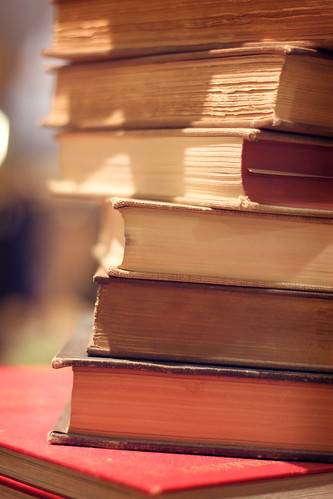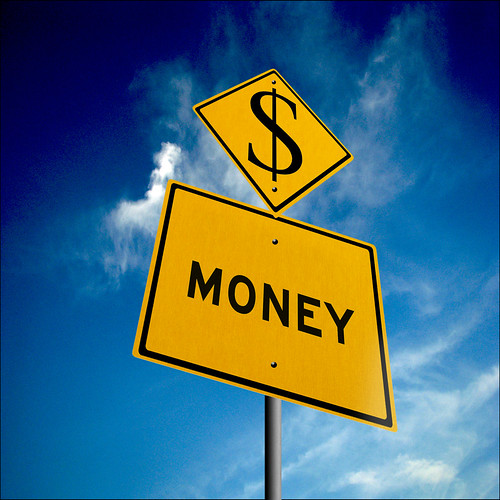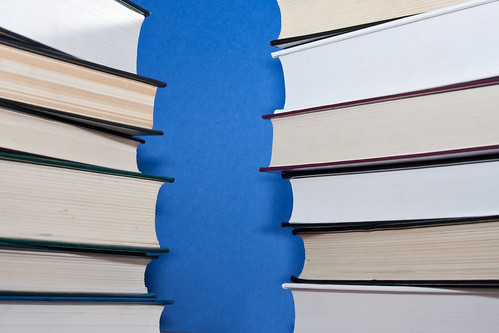I've dedicated an entire blog to what it takes to be an indie author, all the many different tasks one must complete. So why self-publish? Why not go the traditional route, like so many greats, and start hammering away at agents and publishers? It's a valid question, and one I've been asked more than once. The thing is, there's really no easy answer to it.
Traditional Publishing
There are a lot of advantages to traditional publishing, that's for sure, but only in the best of cases. The nitty-gritty of traditional publishing is actually a whole lot like self-publishing. Not everyone is Stephen King, and even if your writing is better you probably don't have his connections (because if you are married to a relative of the acquisitions editor at a huge publishing firm, you probably haven't read this far into the post). Before getting into self-publishing pros and cons, let's debunk some of the myths that shroud traditional publishing.
Is life as a writer a lot easier when you have an agent? Yes, absolutely. Getting one, however, is a tedious process. The best way to do it is to get yourself a copy of The Writer's Market (or a similar reference volume), and do some online searches (AgentQuery has a big database). Before you solicit, you need a completed manuscript that's polished to heck and back, and the first two chapters have to utterly gripping and perfectly error-free. Then you need a great query letter, something that grabs the attention without going overboard and delivers all pertinent information. Make it the best letter of your life. Then, you send out 500 hundred of them. You respond when they ask for chapters. And you cry a little, because rejections will come back. Brush them off. Do it for many years with many different projects, and you may get yourself an agent. This agent will be responsible for getting you a publishing deal. That's all.
If you've got yourself an agent, great. You just have to wait, and of course do what they say to do with your book to make it more appealing to publishers. Or, you can strike out on your own, act as your own agent, and find your own publisher. Get out your Writer's Market and put together a list. All of the Big 6 publishing houses are now eliminated from the list; they only accept agented queries. Write a new letter for the publishers. This time, you'll want to promote yourself -- think like a salesman. Explain your book's marketability, talk about the audience and sell, sell, sell. Send your chapters when they ask. Write a great outline and a fantastic synopsis when they want those things. And hope.
Now matter how small or large the publishing house, the pricing is out of your hands once they accept the book. They might set the price of your book at $20 USD if they like, or more. Your piece of the action? In the beginning, it'll be less than 10 percent. At a 6 percent rate (which is standard), you'll get $1.20 for every single book you sell (at $20 per book) -- at first. Let us not forget that the agent will take anywhere from 10 to 20 percent of everything you make, if you've got an agent.
You will get a cursory, courteous look at your cover at any publishing company worth their letterhead. If you absolutely hate it, they'll probably change it for you -- especially if you simply want to tweak something small, like the color of the title for instance. But in the main, you're expected to nod your head and approve.
The final proofreading will rest upon your shoulders. After the publishing company's editors have done with your manuscript, you'll get it back so you can read it one last time. This time, the pages will be laid out in the same fashion as they will be when they are printed. So you're expected to proofread carefully, down to every little bit of punctuation. You are only allowed to make the most minor of changes, and only then to correct error. You may also be told that you can make no changes to the punctuation.
From the day you get the letter or the phone call saying your book was selected for publishing, you'll have to wait 1 year or longer before you hold a copy of that book in your hands. As for free copies, you won't get as many as you think you ought to have.
If you have been fortunate enough to get an amazing agent and land a publishing deal with one of the Big 6 publishers, it's true that much of the marketing burden won't rest upon your shoulder. But no matter who your publisher happens to be, you'll be expected to promote yourself and your book through social media -- like Facebook and Twitter. Sound familiar? At a smaller publishing house, forget it. You'll be lucky if you get a sliver of space on the company website. You'll have to do all your own marketing, print up your own bookmarks and whatnot, and in some cases you might even have to contact your own book distributors and bookstores in an attempt to get your titles on the shelves. And once again, it's not really your agent's job to promote you to the general public. It's still yours. At a bigger publishing house, you may even get put on a book tour and travel 'round the country to do signings and readings. You probably won't get to have any say on your travel arrangements or where you stay, where you appear, or when the tour takes place -- particularly not if this is your first book and/or your first traditional publishing experience.
Traditional publishing does have its perks, so there is a bigger picture. Potentially you could have a huge distribution -- your book might be in superstores, grocery stores and bookstores everywhere. It'll be online, too, just like all those self-published books. But potentially, it'll be nowhere. And in either scenario, you don't control the price. If it's beyond the basic budget of your friends and family, that's just too bad.
Self-Publishing
Sounds terrible, right? Well don't run right out and get your ebook formatting software just yet, because self-publishing has its dark side, too. As for pricing, cover design, editing and everything else, you'll have the final (and only) say on all of that stuff. Forget about all that letter-writing nonsense; you're going to focus on writing emails. To book bloggers. And book reviewers. And everybody you haven't talked to in years who may or may not be willing to write you a review. You'll have total, ultimate control over everything. Sometimes that feels like a perk...sometimes it's a massive burden.
Not only will you have to do all of your marketing (and all on your own dime), no one will care if you do it or not. You won't get any sort of monetary advance so you can take some time off work to promote yourself, because who's going to pay for that? Bookstores are more likely to brush you off, just like the local media when you attempt to contact them about reviews, interviews, and whatnot. Your friends and family might wrinkle their noses when you try to explain it to them, and you might feel like you aren't a "real" author because of the way others react (and they will).
And that's not all. The indie author stigma extends to everything. You'll have to price your books a little bit lower, fight a little bit harder and grow emotional skin that's a few layers thicker. You'll also be swimming in a sea with self-published authors a lot like you, and you're going to need that community so treat them well.


























